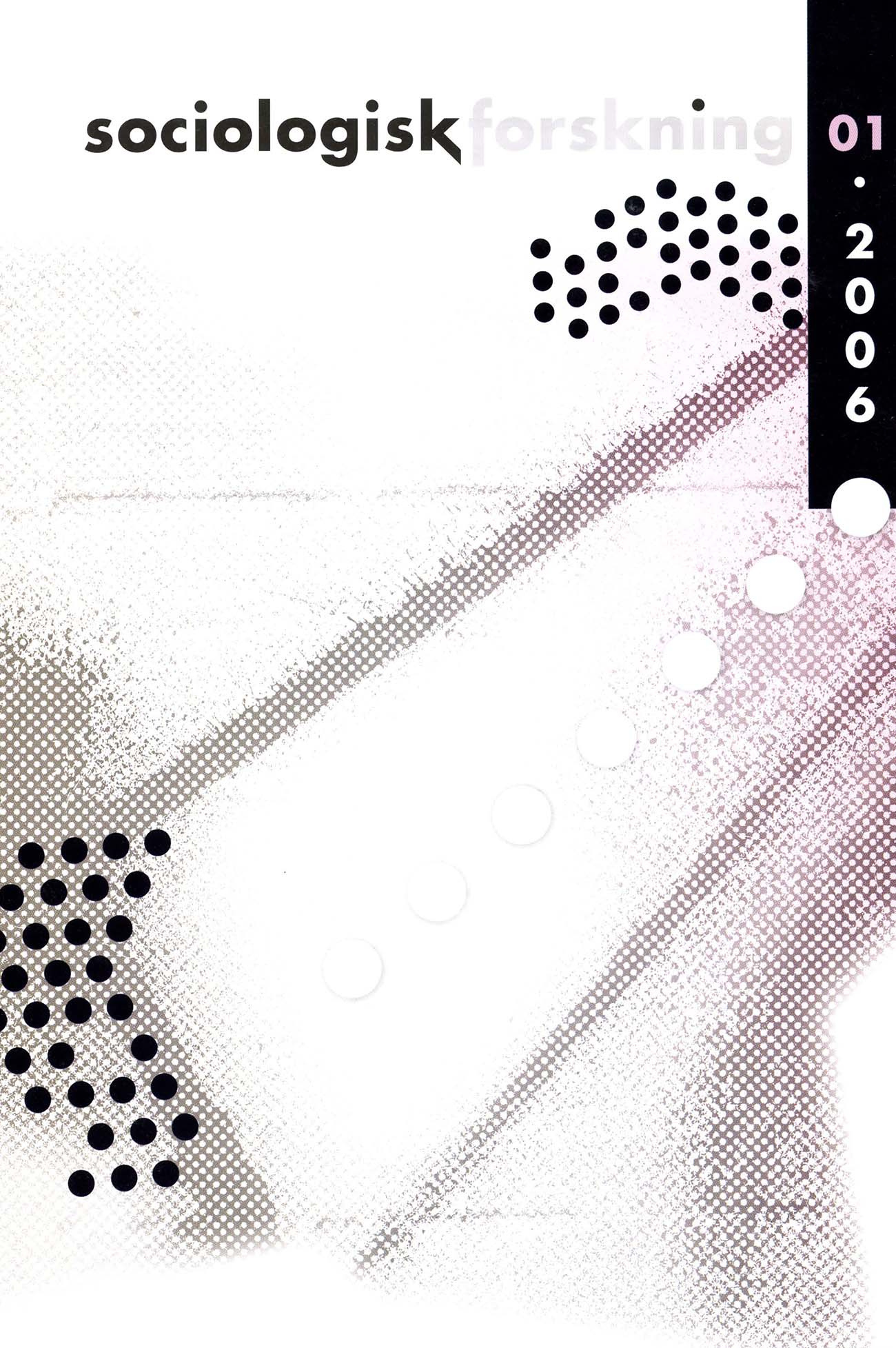Vikten av kulturella överbryggare i storstadens integrationsprojekt
DOI:
https://doi.org/10.37062/sf.43.19293Nyckelord:
integration, multicultural societies, immigrants, health information, weak and strong ties, symbolic interaction, social work, local government, depressed areas, linkwork in schools, community development, decentralizationAbstract
A ter having evaluated various different integration projects in the city of Malmö, carried out within the framework of the Swedish Metropolitan project during a period stretching from 1999 till 2004, we have a stable base for drawing some general conclusions concerning issues inherent in successful integration methods. In this paper we discuss the link work model, i.e. a method connecting people of diverging levels and networks. The aim of the paper is to give insights into the integration process, identifying both important qualities of a good link worker and the situation and conditions needed to gain the wanted result. Canals of communication, in all directions, are pointed out as the most important factor for creating dialogue, understanding and integration. Link workers are central when it comes to helping individuals, groups, institutions, officers, politicians, employers etc, creating and establishing contacts on all levels and contexts.The main result from the comparative analysis of our material is that the single most important factor explaining whether a project will succeed or fail, concerns how well or bad the link work is setup and performed. The keywords for a good link worker and good link work are, in our opinion, personal communication, mutual respect and a mandate for the link worker allowing him /her to take decisions and execute them.
Downloads
Publicerad
Referera så här
Nummer
Sektion
Licens
Allt material i Sociologisk Forskning publiceras med omedelbar öppen tillgång (open access), under Creative Commons-licensen CC BY-NC-ND 4.0.
Allt innehåll i tidskriften är fritt tillgängligt utan kostnad och får för icke-kommersiella syften fritt läsas, laddas ned, kopieras, delas, skrivas ut och länkas. Innehållet får dock inte ändras. När innehållet används måste författare och källa anges. Upphovsrätten till innehållet tillhör respektive författare. Inga publiceringsavgifter tas ut.





